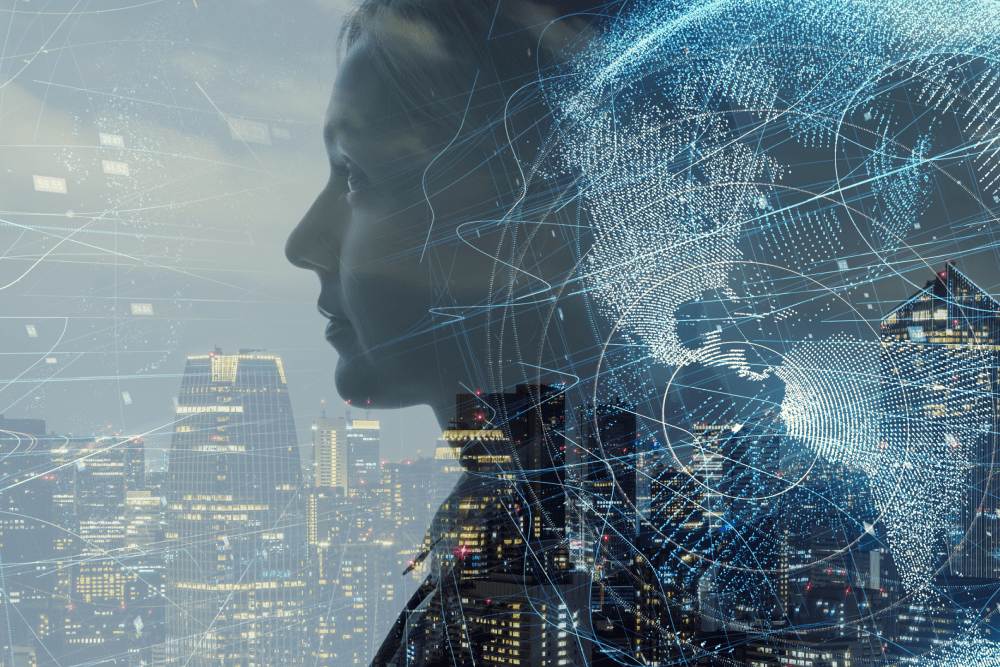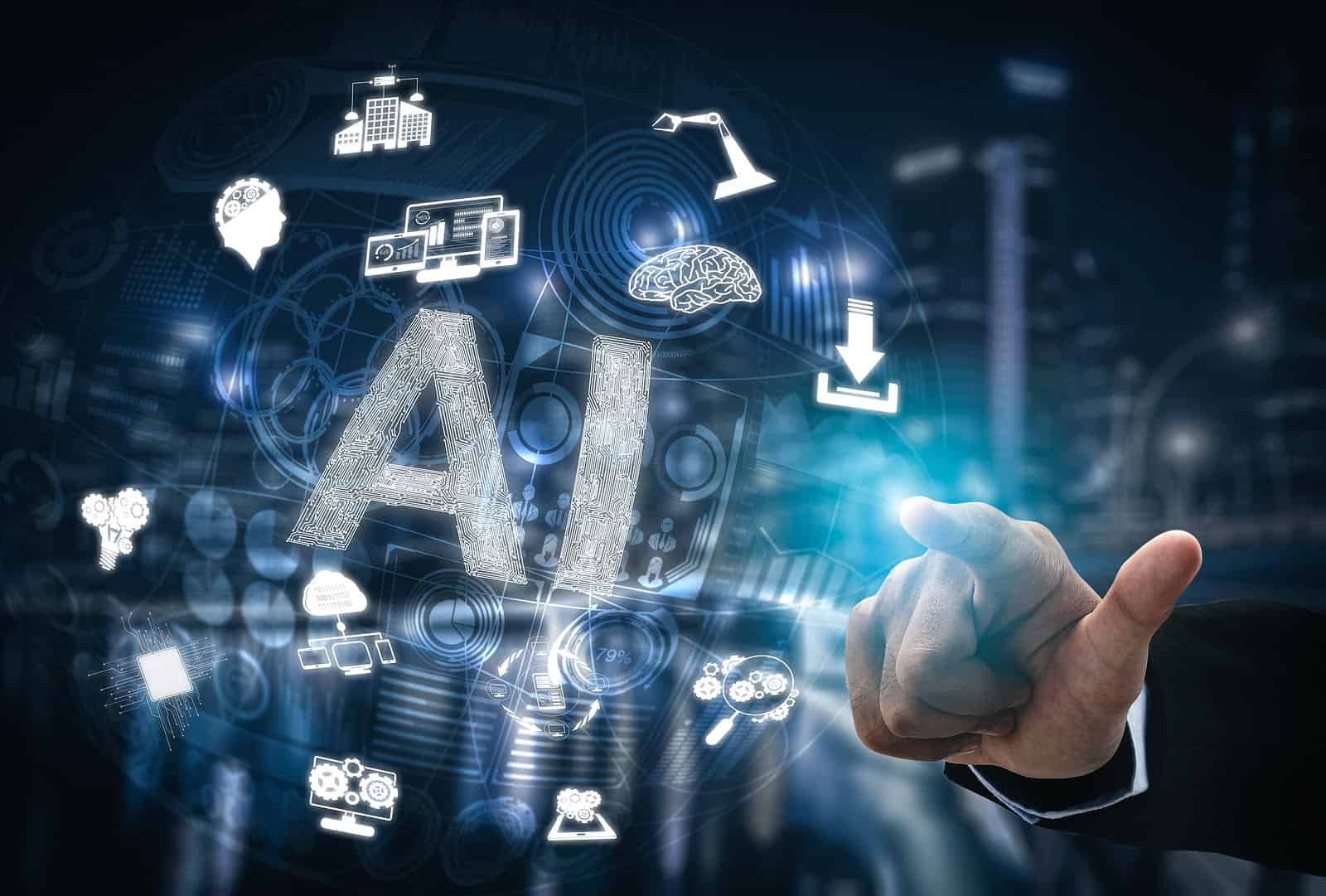Artificial intelligence definition
Designers could explore how General AI can augment human cognitive abilities. From assisting in complex problem-solving to enhancing creativity, AI systems could become invaluable tools that amplify the capabilities of users https://webtosociety.com/maximizing-loyalty-and-satisfaction-with-a-winning-customer-engagement-strategy/.
If and when General AI enters the mainstream, designers will have to educate users about the capabilities and limitations of these systems. Transparent and user-friendly interfaces will be essential to foster trust and understanding.
Companies such as OpenAI are conducting research to advance AGI and what it means for companies, governments, and humanity alike. AGI works by incorporating logic into the AI and machine learning processes instead of just applying an algorithm so that its learning and development mirrors that of humans.
Another definition has been adopted by Google, a major practitioner in the field of AI. This definition stipulates the ability of systems to synthesize information as the manifestation of intelligence, similar to the way it is defined in biological intelligence.
AGI challenges our very understanding of what it means to be human. Intelligence, long regarded as humanity’s defining trait, will no longer be ours alone. How we integrate AGI into our lives—whether as tools, partners, or rivals—will shape our culture, values, and identity in ways no one has yet to grasp.
Artificial intelligence course
This professional certificate series combines CS50’s legendary Introduction to Computer Science course with a new program that takes a deep dive into the concepts and algorithms at the foundation of modern artificial intelligence. This series will lead you through the most popular undergraduate course at Harvard, where you’ll learn the common programming languages, then carries that foundation through CS50’s Introduction to Artificial Intelligence with Python. Through hands-on projects, you’ll gain exposure to the theory behind graph search algorithms, classification, optimization, reinforcement learning, and other topics in artificial intelligence.
DeepLearning.AI’s GenAI course is taught by instructor Andrew Ng, and is more of an in-depth introduction to artificial intelligence. Taking only five hours to complete according to the website, the course covers understanding of AI project lifecycles, discussion of GenAI software and workflows, and perhaps most importantly, how to use this technology responsibly and ethically.
Key elements. The ARTiBA certification exams consist of a three-track AI learning deck that contains specialized resources for skill development and job-ready capabilities to help credentialed professionals move into senior positions as individual contributors or team managers. The AIE curriculum covers every concept of machine learning, regression, supervised learning, unsupervised learning, reinforced learning, neural networks, natural language processing, cognitive computing and deep learning.

This professional certificate series combines CS50’s legendary Introduction to Computer Science course with a new program that takes a deep dive into the concepts and algorithms at the foundation of modern artificial intelligence. This series will lead you through the most popular undergraduate course at Harvard, where you’ll learn the common programming languages, then carries that foundation through CS50’s Introduction to Artificial Intelligence with Python. Through hands-on projects, you’ll gain exposure to the theory behind graph search algorithms, classification, optimization, reinforcement learning, and other topics in artificial intelligence.
DeepLearning.AI’s GenAI course is taught by instructor Andrew Ng, and is more of an in-depth introduction to artificial intelligence. Taking only five hours to complete according to the website, the course covers understanding of AI project lifecycles, discussion of GenAI software and workflows, and perhaps most importantly, how to use this technology responsibly and ethically.
Artificial intelligence technology
At the rate and scale it’s being applied, AI will impact how we work, shop, and consume media, and our privacy, our health, and more. As with most historical shifts, the benefits, downsides, and potential harms are mixed.
At its 2022 Conference on Fairness, Accountability, and Transparency (ACM FAccT 2022), the Association for Computing Machinery, in Seoul, South Korea, presented and published findings that recommend that until AI and robotics systems are demonstrated to be free of bias mistakes, they are unsafe, and the use of self-learning neural networks trained on vast, unregulated sources of flawed internet data should be curtailed.
Today, the term “AI” describes a wide range of technologies that power many of the services and goods we use every day – from apps that recommend TV shows to chatbots that provide customer support in real time. But do all of these really constitute artificial intelligence as most of us envision it? And if not, then why do we use the term so often?

At the rate and scale it’s being applied, AI will impact how we work, shop, and consume media, and our privacy, our health, and more. As with most historical shifts, the benefits, downsides, and potential harms are mixed.
At its 2022 Conference on Fairness, Accountability, and Transparency (ACM FAccT 2022), the Association for Computing Machinery, in Seoul, South Korea, presented and published findings that recommend that until AI and robotics systems are demonstrated to be free of bias mistakes, they are unsafe, and the use of self-learning neural networks trained on vast, unregulated sources of flawed internet data should be curtailed.
Today, the term “AI” describes a wide range of technologies that power many of the services and goods we use every day – from apps that recommend TV shows to chatbots that provide customer support in real time. But do all of these really constitute artificial intelligence as most of us envision it? And if not, then why do we use the term so often?